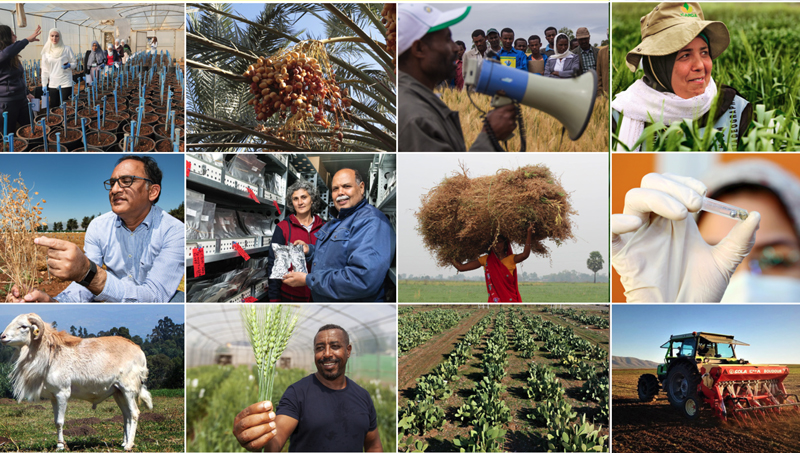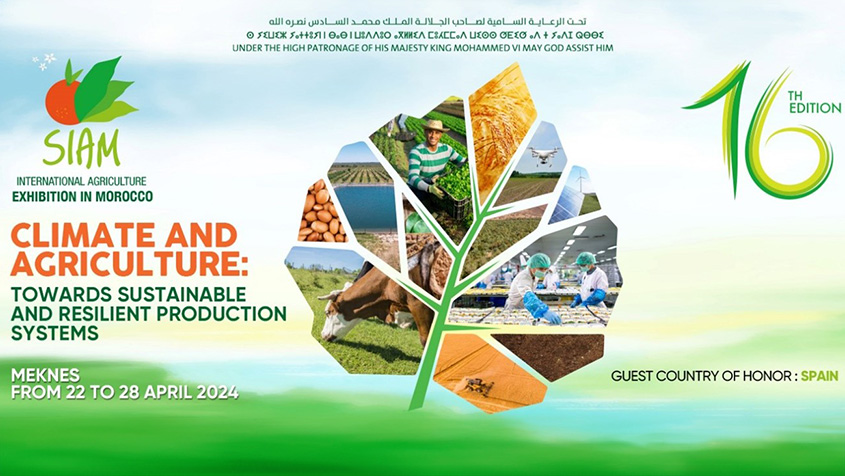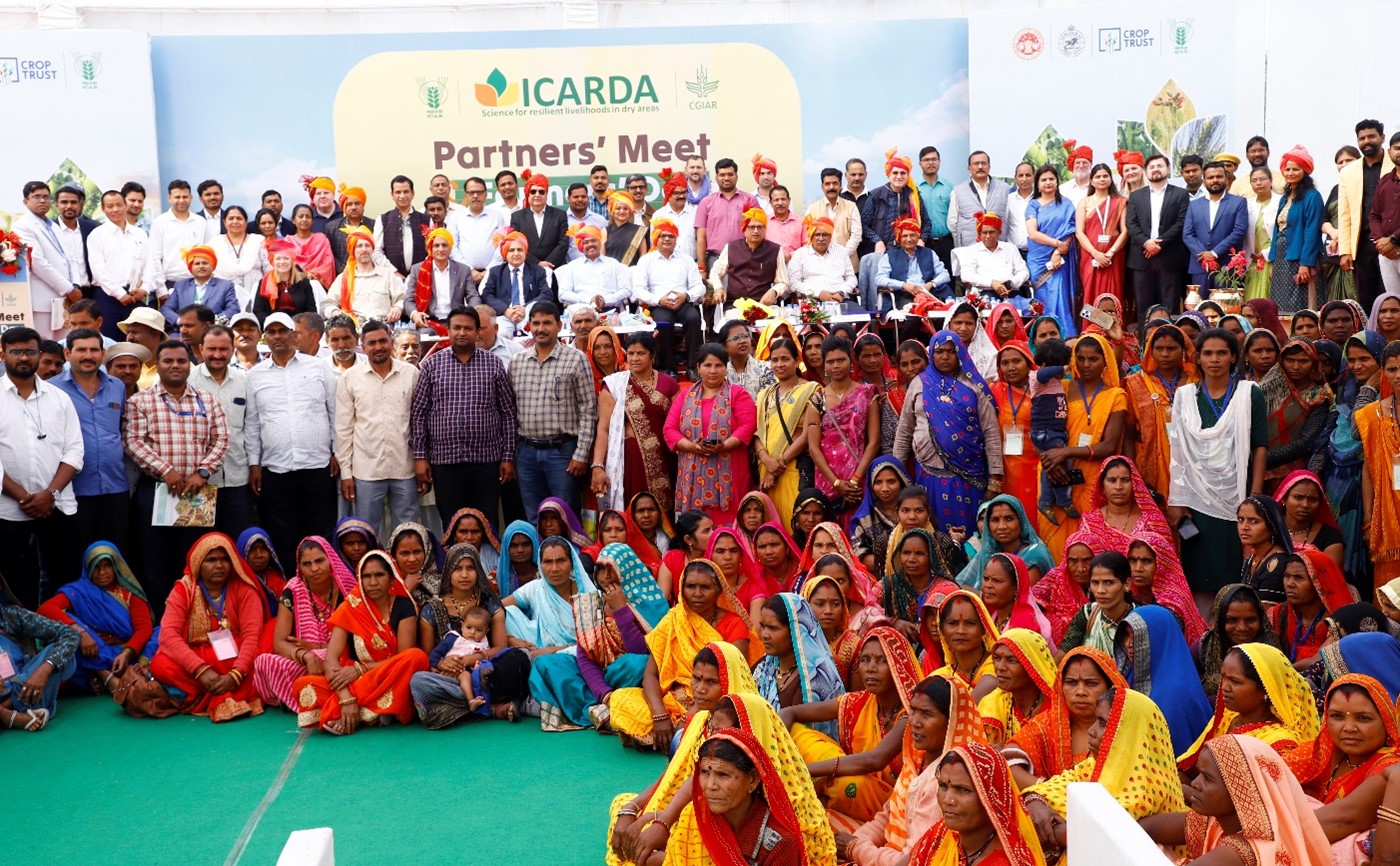Making good on Dakar 2 Commitments
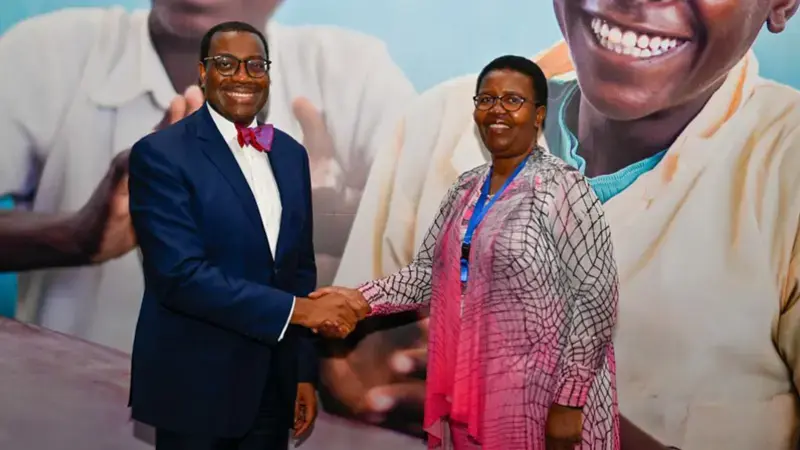
CGIAR's System Board Chair, Professor Lindiwe Majele Sibanda, represented CGIAR at the African Development Bank's 'Feed Africa - Food Sovereignty and Resilience' side event to update key stakeholders on CGIAR's efforts to support zero hunger in Africa by 2030.
Africa accounts for the smallest share of global greenhouse gas emissions but is among the most vulnerable to interconnected climate risks, especially in agriculture. For most African nations, financing constraints hinder climate action. However, support from the international private sector, including multilateral development financiers like the African Development Bank (AfDB), is helping to catalyze concerted efforts, including effective action on climate-smart food, land, and water systems transformation.
At this year's Annual Meetings of the AfDB in Egypt, CGIAR's System Board Chair, Professor Lindiwe Majele Sibanda, met with AfDB President Akinwumi Adesina and later addressed key stakeholders at the "Feed Africa - Food Sovereignty and Resilience" side event, held to update Africa, stakeholders on progress on commitments made at the Dakar 2 High-level Summit held by the AfDB, the African Union, and The Government of Senegal earlier in the year.
The clock ticks
CGIAR, as a key global science partner, is effectively and intentionally transforming agri-food systems by equipping farmers with the game-changing, research-backed innovations they need to thrive. For example, through projects like the Technologies for African Agricultural Transformation (TAAT) wheat compact funded by AfDB, CGIAR is strengthening the delivery of vital climate-smart research and innovative technologies to farmers at scale. Led in Sudan by ICARDA, the project's climate-resilient wheat is delivering better yields on close to the entire wheat area of Sudan., Meanwhile, via TAAT in Ethiopia, ICARDA's climate-smart wheat has resulted in bumper harvests since 2020, bringing the country up to wheat self-sufficiency of 50%.
Is it all about the money?
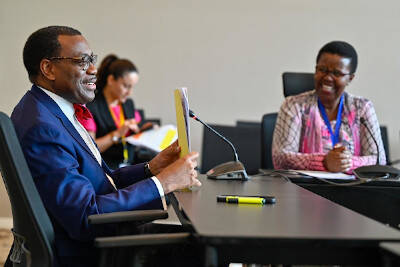
A new report by CGIAR shows that significant gaps in research funding exist, and without adequate investment, development in agri-innovation will be hindered. That is a grave outlook for climate-vulnerable regions such as the CWANA. Climate-smart technologies are a key escape route as climate impacts accelerate, especially within agri-food systems.
CGIAR aims to double its overall research funding to $2 billion annually to close the research funding gap and deliver tailored, demand-driven agri-solutions required for Africa to successfully combat the challenges directly related to the climate crisis. But this will only be possible if we work alongside key partners such as the AfDB and better engage with private sector actors and the financial system to realize the vision and ambitions of Dakar 2 to mobilize support for Africa's agricultural transformation.

